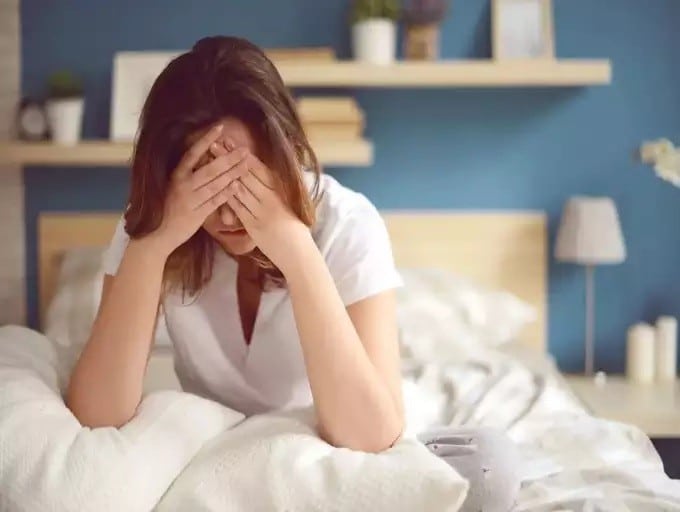The World Health Organization says long Covid starts three months after the original bout of illness or positive test result, the Centers for Disease Control and Prevention sets the timeline at just after one month.
A large electronic health records study found that survivors are indeed at increased risk of mood and anxiety disorders in the 3 months after infection. Read on to find out what changes in mood can occur due to COVID-19 and how it can be managed.
Why long COVID impacts mood
Coronavirus can invade the brain, with more than one-third of infected patients developing neurologic symptoms, as per data from Wuhan. Dr. Stephanie Collier, instructor in psychiatry at Harvard Medical School, explains that in addition to brain infection, the pandemic has resulted in worsening mental health outcomes due to the psychological toll of isolation, loneliness, unemployment, financial stressors, and the loss of loved ones. “The prescription of antidepressants has spiked, intimate partner violence has increased, and suicidal thoughts are on the rise, especially in young adults.” All these factors may impact our mood, mind and mental health.
Signs and symptoms of low mood
You may feel spells of sadness, anxiousness or getting panicky too often. Feelings of anger or frustration may also indicate the impact of long COVID on your mood. Other symptoms include feelings of hopelessness, low self-esteem and tiredness. People with long COVID may also find themselves worrying more than usual.
A low mood usually lifts after a few days or weeks. However, a low mood that doesn’t go away can be a sign of depression.
Identifying long COVID depression
If negative feelings don’t go away even after two weeks, are too much for you to cope with, or are stopping you from carrying on with your normal life, it may be a sign of depression due to long COVID. Not getting any enjoyment out of life and having trouble concentrating on everyday things, like reading the paper or watching television, may also be a sign of depression.
This can also impact on your diet and sleep. You may find yourself resorting to comfort eating or losing your appetite. In terms of sleep, you might be sleeping more than usual, or being unable to sleep at all. Having suicidal thoughts or thoughts about harming yourself also signals that you should visit your doctor. If you experience depression symptoms most of the day, every day, for more than two weeks, you should visit your General Practitioner.
Managing low mood
First and foremost, it is advised to take your time and be kind to yourself during your recovery period. Recovery takes time and it’s important to let yourself rest and recover. This can feel difficult if any ongoing symptoms are ‘hidden’. If you are having trouble managing your mood, these are some things that can help you to feel in more control of your emotional and mental well-being.
Simple lifestyle factors can have a big effect on mood. If you are going through long COVID, limit your alcohol intake, choose a well-balanced diet, get enough sleep and do some exercise (depending on your physical strength).
Reaching out to family and friends through phone calls, video calls or text messaging can help in improving your mood. If you don’t find the strength to resume your routine tasks, take small steps. Try to do small, achievable activities that will give you a sense of enjoyment and accomplishment.




